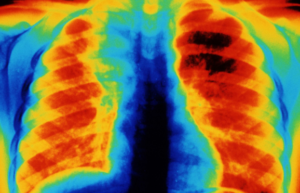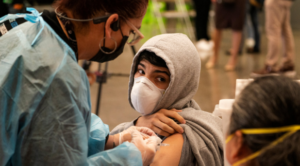 The health of your lungs may have a lot to do with the size of your bank account, a new, large study indicates.
The health of your lungs may have a lot to do with the size of your bank account, a new, large study indicates.
The finding follows a six-decade look at lung disease risk among more than 215,000 American children and adults.
In general, poorer Americans continue to have worse lung health than their wealthier peers. In some cases, the gap between rich and poor is widening.
 When the time came for
When the time came for 
 When 16-year-old
When 16-year-old  “It’s a devastating series of setbacks for long COVID patients. First, they get the debilitating symptoms of their condition. Then they are forced to give up their jobs, or severely curtail their work hours, as their symptoms linger. And next, for many, they lose their employer-sponsored health insurance. ”
“It’s a devastating series of setbacks for long COVID patients. First, they get the debilitating symptoms of their condition. Then they are forced to give up their jobs, or severely curtail their work hours, as their symptoms linger. And next, for many, they lose their employer-sponsored health insurance. ” 